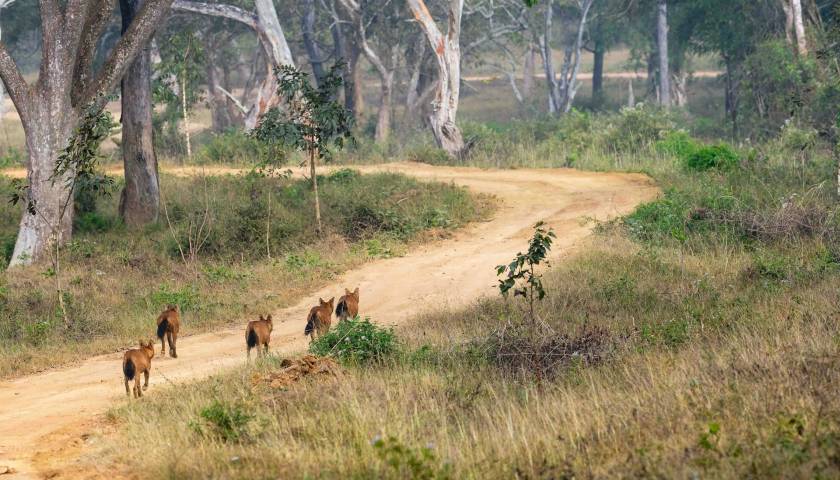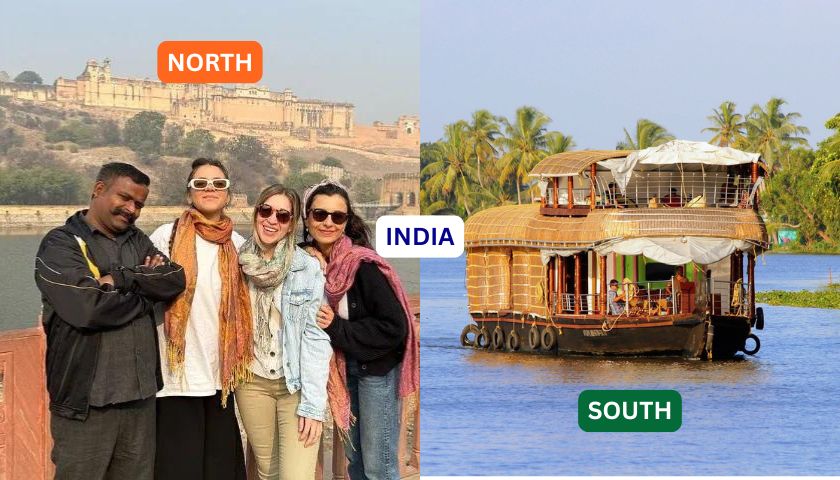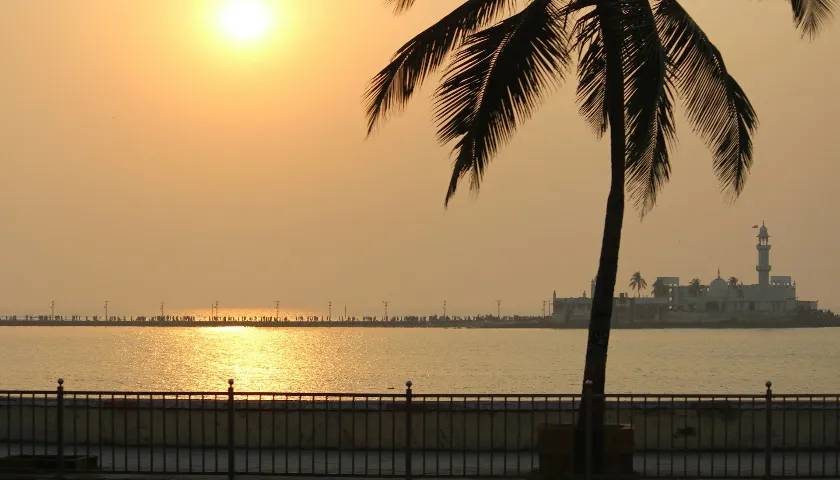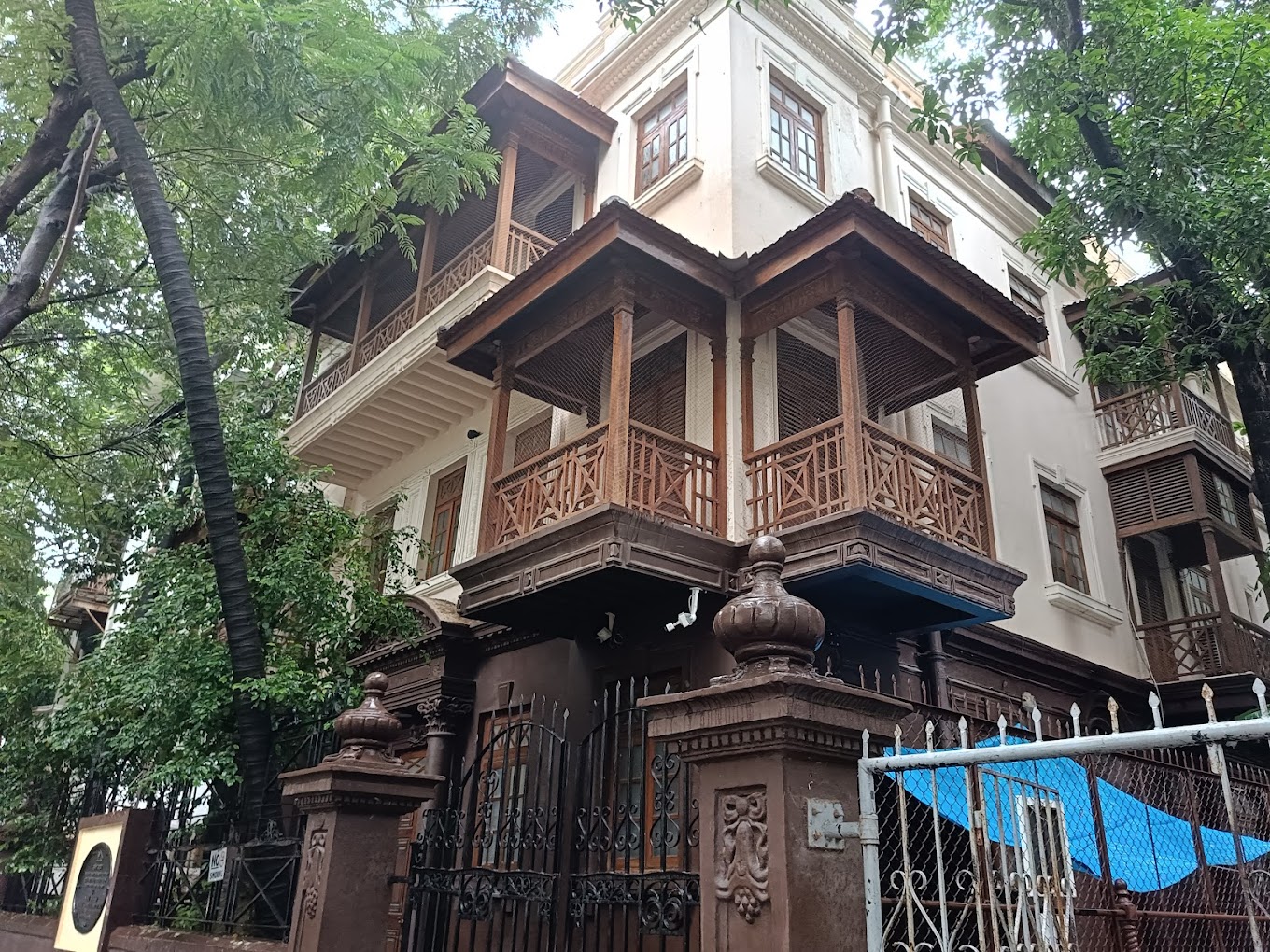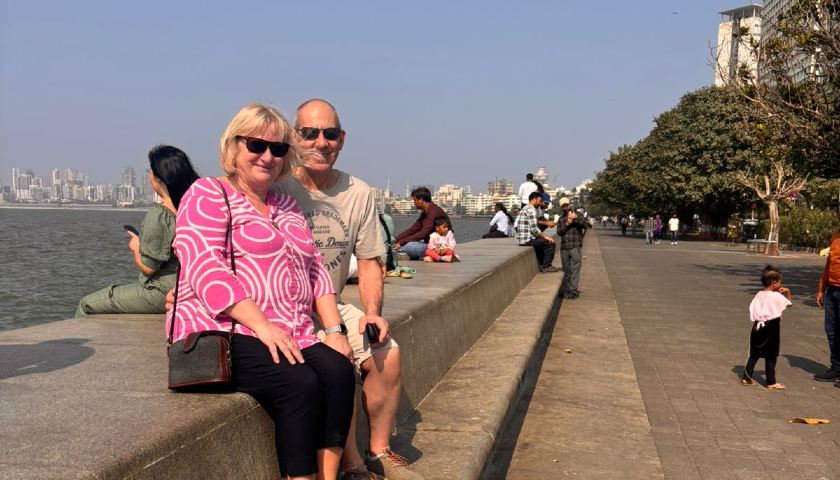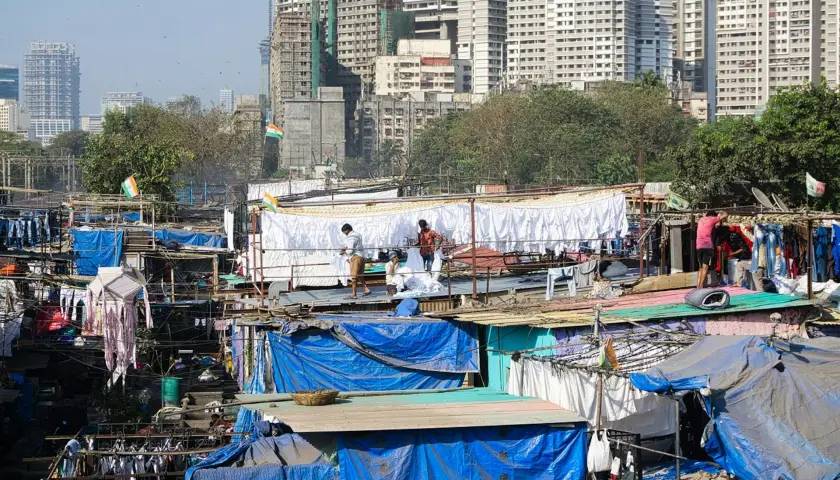About the Festival
Navratri, meaning “nine nights,” is celebrated twice a year — once in the spring (Chaitra Navratri) and once in autumn (Sharad Navratri). The autumn festival is the most widely observed and lasts for nine days, each dedicated to a different form of Goddess Durga. It represents the victory of divine energy over negative forces, reminding devotees of the strength and resilience of the goddess and, by extension, the power within all of us.
Durga Puja, primarily celebrated in West Bengal, Assam, Odisha, and other parts of eastern India, coincides with the last five days of Navratri. It marks the grand homecoming of Goddess Durga to her earthly abode. The festivities commemorate her fierce battle against Mahishasura, a demon king who threatened the gods. Goddess Durga’s victory signifies the ultimate power of righteousness and protection, inspiring millions to honor her strength, compassion, and wisdom.
Traditions and Celebrations of Navratri
During Navratri, devotees engage in fasting, prayers, and community celebrations. Each day is dedicated to one of the nine avatars of Goddess Durga, known as Navadurga. Temples and homes are beautifully decorated, and rituals are performed to honor the goddess. The colors, offerings, and prayers change each day, reflecting the unique essence of each form of the goddess.
In Gujarat and Maharashtra, Navratri is synonymous with Garba and Dandiya Raas — traditional folk dances that bring communities together in vibrant, colorful celebrations. People dress in bright, traditional attire and gather in large grounds to dance in circles, symbolizing the cyclical nature of life. The beats of the dhol (drum), the swirling of the lehengas, and the energy of the participants create a lively and joyous atmosphere that lasts late into the night.
In the northern states, including Uttar Pradesh, Bihar, and Delhi, Navratri is marked by the performance of Ramlila, a dramatic enactment of the Ramayana, culminating in the victory of Lord Rama over Ravana. The festival ends with Dussehra, symbolizing the triumph of good over evil, with grand effigies of Ravana, Meghnath, and Kumbhakarna set ablaze in a symbolic gesture.
Traditions and Celebrations of Durga Puja
Durga Puja is celebrated with grandeur, particularly in West Bengal, where the festival transforms into a five-day-long cultural extravaganza. Immense clay idols of Goddess Durga, alongside her children Lakshmi, Saraswati, Ganesha, and Kartikeya, are installed in beautifully crafted pandals (temporary stages). These pandals are often themed and showcase stunning craftsmanship, drawing millions of visitors from across the country.
The mornings begin with ritualistic prayers, offering of flowers (pushpanjali), and chanting of sacred mantras. Evenings are filled with cultural performances, music, and dance, while devotees offer special bhog (sanctified food) to the goddess. One of the most touching rituals of Durga Puja is the Sindoor Khela, where women smear vermilion on each other, symbolizing the strength and eternal bond between women and the goddess.
The culmination of Durga Puja occurs on the tenth day, known as Vijayadashami or Dussehra, when the idols are immersed in rivers and seas amid joyful processions. This ritual symbolizes Goddess Durga's return to her heavenly abode, marking the end of her earthly visit and the beginning of a new spiritual cycle.
Top Destinations to Celebrate Navratri and Durga Puja
- Kolkata, West Bengal: Kolkata is undoubtedly the heart of Durga Puja celebrations. The city comes alive with beautifully crafted pandals, cultural events, and vibrant processions. The sheer scale and artistry of the festival in Kolkata are unmatched, making it one of the top destinations to experience Durga Puja in its full grandeur.
- Ahmedabad, Gujarat: Navratri in Ahmedabad is all about the energy and vibrancy of Garba and Dandiya Raas. The entire city comes together to dance and celebrate Goddess Durga’s victory over evil, making it a must-visit destination for those wanting to immerse themselves in the cultural fervor of Navratri.
- Varanasi, Uttar Pradesh: Known for its deep-rooted spiritual traditions, Varanasi offers a unique experience of Navratri. The ghats of the Ganges light up with diyas (oil lamps), and the city’s temples host special prayers and rituals to honor the goddess.
- Mumbai, Maharashtra: In Mumbai, both Navratri and Durga Puja are celebrated with great enthusiasm. The city’s diverse communities come together to celebrate these festivals with traditional dances, elaborate pandals, and cultural events.
- Jaipur, Rajasthan: Jaipur’s Navratri celebrations are a unique blend of tradition and royalty. The city’s palaces and temples host special prayers and rituals, and the streets come alive with processions and cultural performances.
- Delhi: The capital city hosts grand Navratri and Durga Puja celebrations, especially in areas like Chittaranjan Park, where the Bengali community builds elaborate pandals. Ramlila performances are also a major attraction during this time.
- Kathmandu, Nepal: Navratri, known as Dashain in Nepal, is one of the most important festivals in the country. Kathmandu is beautifully adorned during this time, and the festivities include traditional rituals, offerings to the goddess, and family gatherings.
Experience the Magic of Navratri and Durga Puja with a Guided Tour
If you’re looking to immerse yourself in the rich cultural and spiritual experiences of Navratri and Durga Puja, there’s no better way than with a guided tour. Explore the vibrant celebrations, witness grand processions, and participate in age-old rituals with the comfort and expertise of a well-planned itinerary. Whether you’re drawn to the Garba of Gujarat or the Durga Puja of Kolkata, we can craft the perfect trip for you.
Contact us today to book a guided tour and make your Navratri and Durga Puja experience unforgettable!









